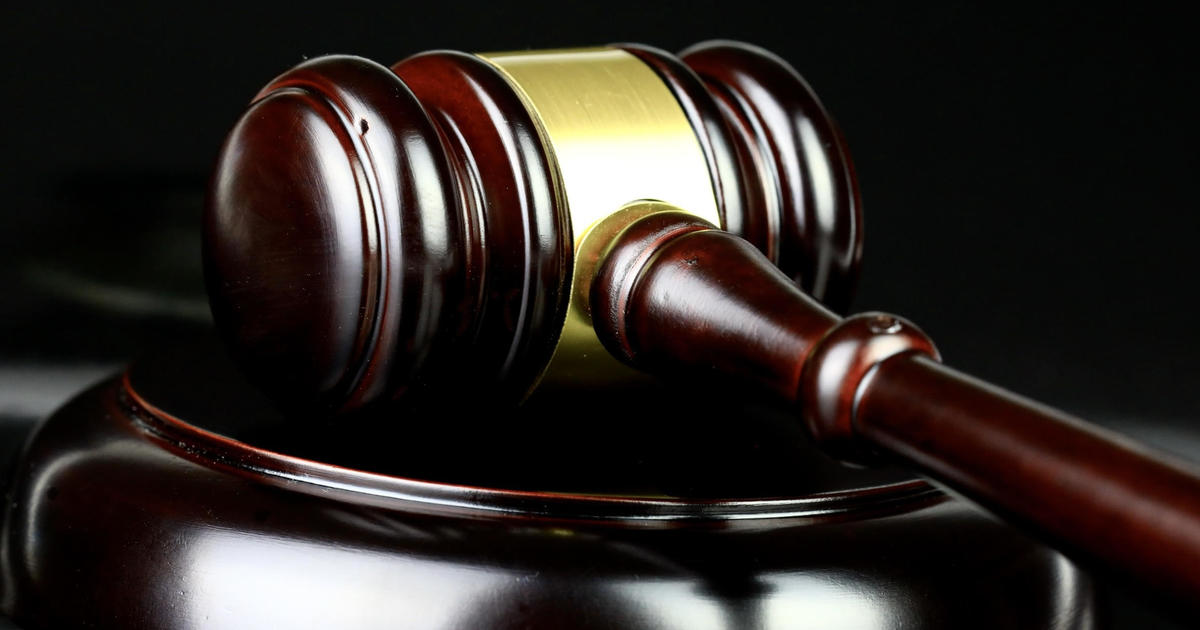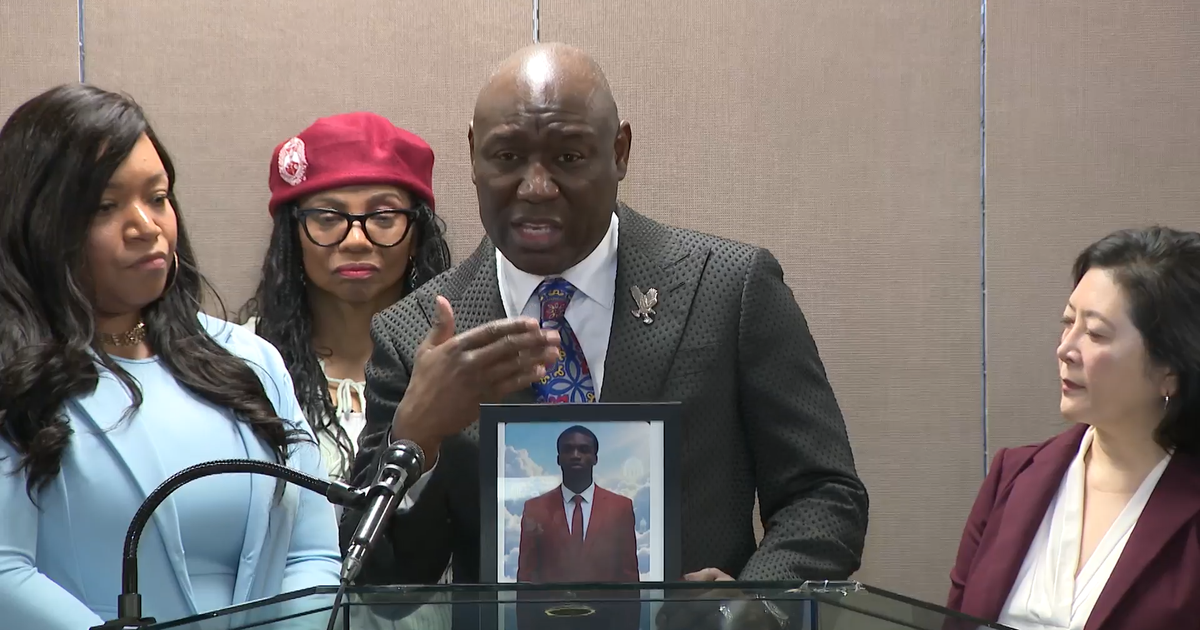Feds May Prosecute Schools For Bullying
WASHINGTON (CBS/AP) — The U.S. Department of Education has a warning schools they could be targeted for federal prosecution for failing to adequately address ethnic, sexual or gender-based harassment.
After several high-profile cases of bullying, the department is sending letters to schools, colleges and universities across the country on Tuesday, reminding them of their federal obligations.
LAUSD President Backs 'No Bullying' Culture: KNX 1070's Ed Mertz Reports
Russlynn Ali, assistant secretary for civil rights, said the department was responding to what it senses as a growing problem within schools.
She said the Office for Civil Rights had received 800 complaints alleging harassment over the last fiscal year, and that reports from the field indicate an increase of harassment against certain groups — including gays and lesbians, as well as Muslim students after the 9/11 attacks.
In September, 18-year-old Rutgers University student Tyler Clementi committed suicide after his roommate secretly webcast his dorm-room tryst with a man, police said. The roommate and another student have been charged with invasion of privacy, and authorities are considering whether to add a hate-crime charge.
In January, a 15-year-old Massachusetts girl, Phoebe Prince, took her own life after being relentlessly bullied by her classmates, prosecutors said. Six teenagers have been charged.
"Certainly the unspeakable tragedies over the past several weeks contribute to our sense of urgency, and it's important that the public know there are things schools and universities can and should be doing," Ali said on Monday.
The Education Department's Office for Civil Rights has issued similar guidance letters to educators in the past. But this is the first time the agency is addressing all statutes, not just those protecting against gender or sexual offenses, and in the context of bullying and harassment, Ali said.
The letter also clarifies protections for students of religious groups and gay and lesbian individuals.
While the laws the OCR enforces do not protect against harassment based on religious or sexual orientation, there are protections for students from religious groups that share ancestry
or ethnic characteristics, as well as gay, lesbian, bisexual and transgender students based on gender stereotypes.
Tolerating, not adequately addressing, encouraging or ignoring harassment based on race, color, disability, sex or national origin can indicate the violation of civil rights statutes.
Education Secretary Arne Duncan sought to assure students that action will be taken.
"No one should ever feel harassed or unsafe in a school simply because they act or think or dress differently than others," Duncan said. "To every student who feels threatened or harassed, for whatever reason, please know that you are not alone. Please know that there are people who love you. And please know that we will protect you."
The department will hold technical assistance workshops for schools in early 2011.
(TM and © Copyright 2010 CBS Local Media, a division of CBS Radio Inc. and its relevant subsidiaries. CBS RADIO and EYE Logo TM and Copyright 2010 CBS Broadcasting Inc. Used under license. All Rights Reserved. This material may not be published, broadcast, rewritten, or redistributed. The Associated Press contributed to this report.)







